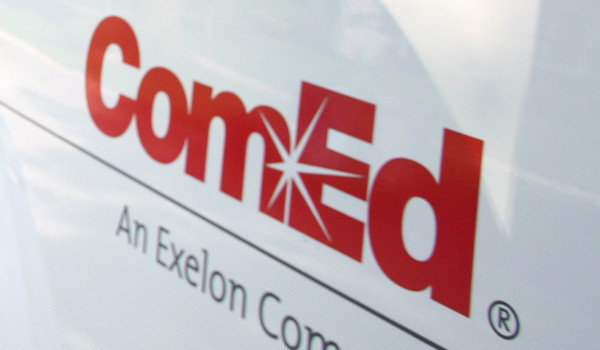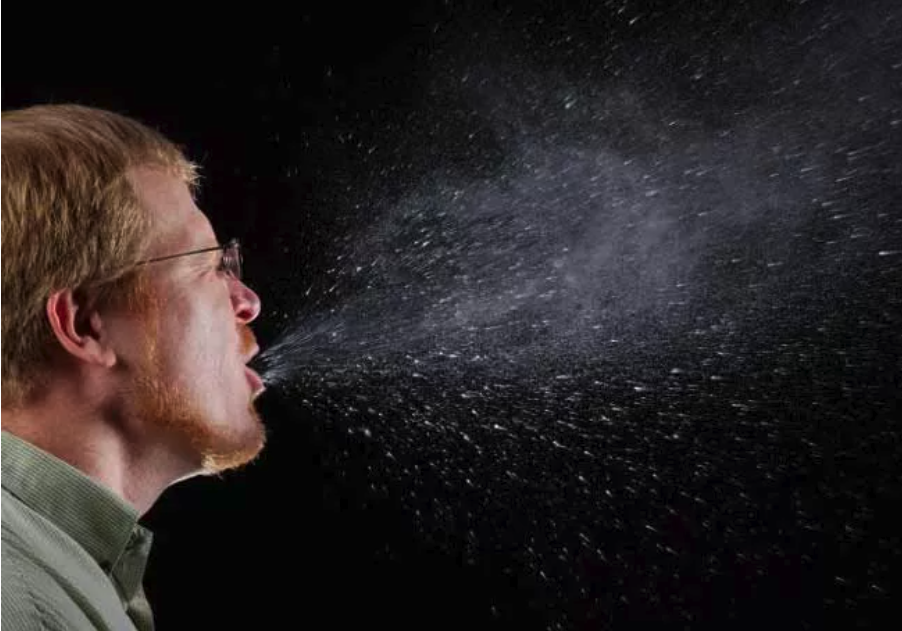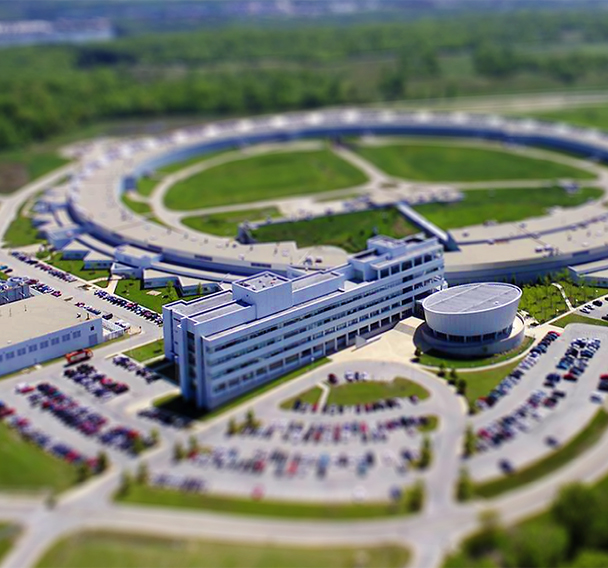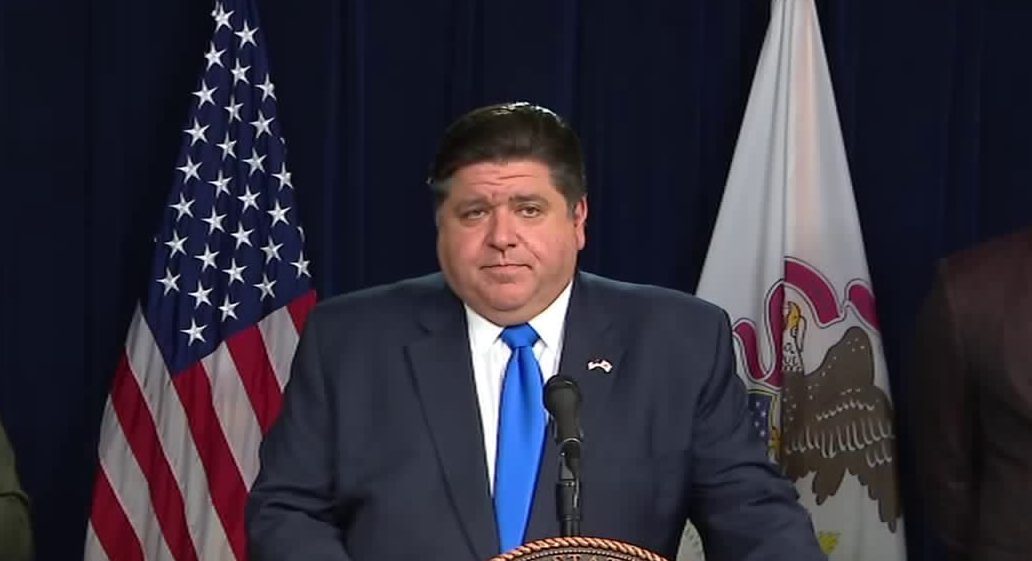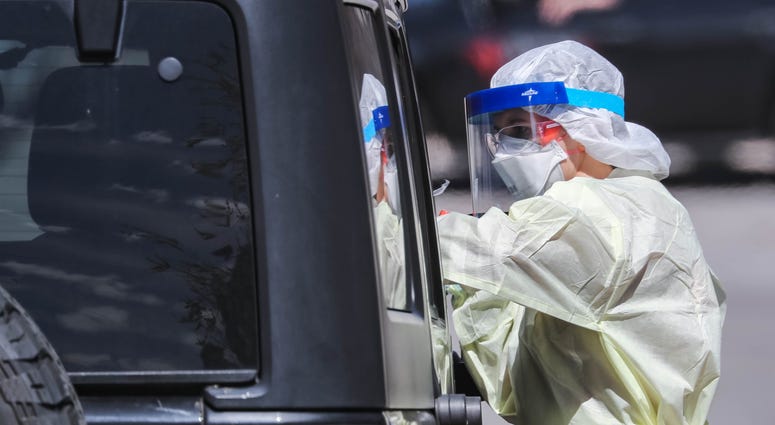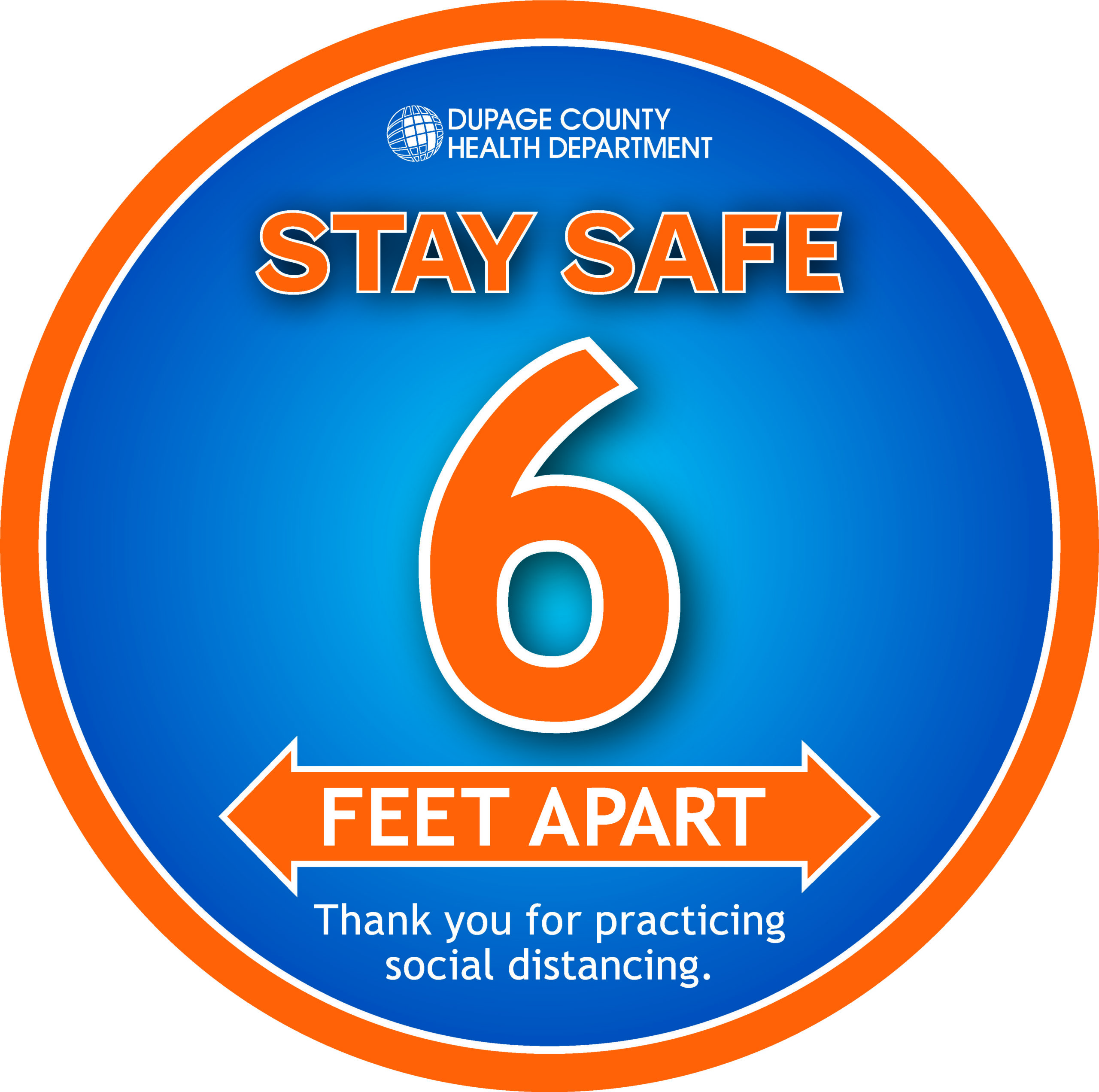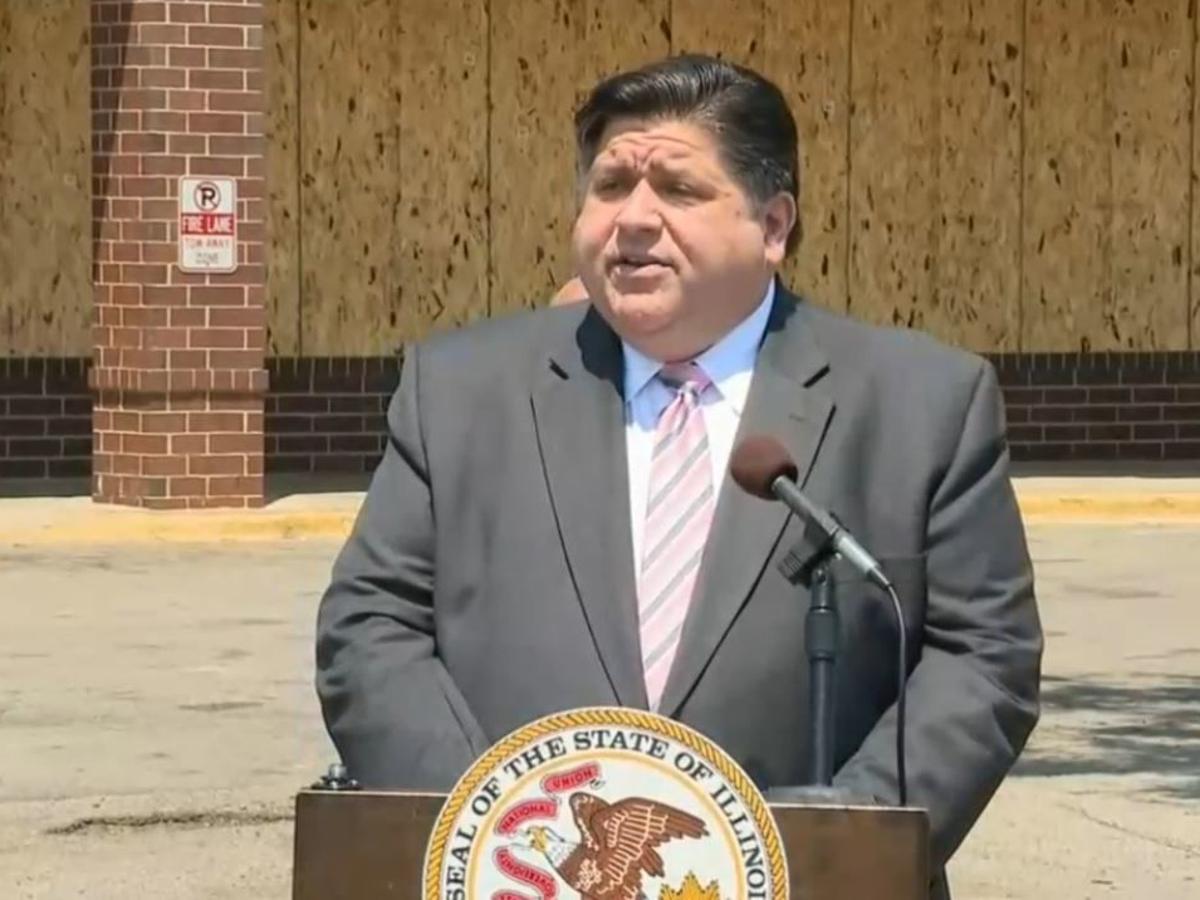$220 Million Available for Business Owners through Second Round of the Business Interruption Grants; $25 Million Available for Communities through the Rebuild Distressed Communities Program.
Governor JB Pritzker joined the Illinois Department of Commerce and Economic Opportunity (DCEO) today in the Bronzeville community to announce the latest in a series of grants made available for small businesses in Illinois suffering losses as a result of the ongoing COVID-19 pandemic as well as communities impacted by the recent civil unrest. Applications for the second round of the Business Interruption Grants (BIG) program will be made available this Thursday afternoon and will offer $220 million in funds for small businesses hit hardest by the ongoing pandemic.
The Governor also announced applications for the new Rebuild Distressed Communities (RDC) program will become available in the coming weeks. This program will provide $25 million in funding to cover the cost of civil-unrest related repairs while also supporting new investments in economically distressed communities across Illinois.
“Support for small businesses has been one of the central features of our COVID-19 response: Helping entrepreneurs stay afloat, giving business owners the help necessary to keep the lights on and payroll flowing, is vital to preserving jobs and businesses until we get to the other side of this pandemic,” said Governor JB Pritzker. “These two new programs, combined with the first round of Business Interruption Grants, deliver nearly $300 million in aid to the very small businesses that bring jobs and vibrancy to their communities –offering them increased stability so those jobs and that vibrancy can live on.”
BIG continues to prioritize equity by setting aside a substantial portion of funds for businesses located in economically vulnerable communities. The second round of BIG builds on over $49 million in grants awarded just last month – with initial grants allocated to approximately 2,800 businesses in 400 communities in every corner of the state. Application information for the second round of funds and can be found on DCEO’s website at Illinois.gov/dceo and the application form will open for submissions later this week.
The second wave of funds from BIG aims to provide relief for all types of small businesses, with a focus on businesses located downstate or in disproportionately impacted areas (DIAs). The latest wave of funding includes the following provisions to ensure a wide distribution of funds geographically and across business type:
- Heavily Impacted Industries – $60 million for heavily distressed industries, such as movie theaters, performing arts venues, concert venues, indoor recreation, amusement parks, event spaces located at banquet halls and hotels, and more.
- Disproportionately Impacted Areas – $70 million set aside for DIAs, defined by zip codes identified by the General Assembly for communities that are most economically distressed and vulnerable to COVID-19. A map of DIAs can be accessed here.
- Downstate Communities – DCEO has committed to ensuring that at least half of all remaining funds, totaling more than $100 million, are reserved for businesses in downstate and rural communities of Illinois.
- Priority Businesses – Apart from the $60 million for heavily impacted industries, applications from the following types of businesses will be prioritized for review for remaining funds: businesses directly affected by regional mitigations implemented by the state or local governments, independently owned retail, tourism- and hospitality-related industries including accommodations, and more.
- Agriculture – $5 million of the remainder of funds will be set aside for livestock production disruptions.
- Grants and Loan Forgiveness for Illinois Small Business Emergency Loan recipients – As authorized by the General Assembly, DCEO will offer grants for businesses that have incurred eligible costs to offset loans received under the Illinois Small Business Emergency Loan program. This round of loan forgiveness and grants will go to businesses that have received loans or remain on the wait list and the program will sunset going forward as DCEO and its partners focus on making BIG awards.
“From day one of this crisis, the Pritzker administration has prioritized bold and equitable solutions to address the issues facing businesses and communities across our state as a result of COVID-19,” said Director of DCEO, Erin B. Guthrie. “While the first round of funds has helped 2,800 businesses in 78 counties across the state make ends meet, an additional $200 million in BIG grants will help ensure that even more businesses across our state have a shot at unlocking funds that will help them pay the rent, the payroll and other costs to help them safely reopen and regain their livelihoods.”
“The pandemic has taken a real toll on our community, our restaurant and our staff in ways we could never have prepared for. As a full-service restaurant, accustomed to serving hundreds of guests daily, suddenly we found ourselves with an empty dining room, our table servers missing out on much needed income and skyrocketing operating expenses, including new costs for protecting our staff and our guests,” said Darrell Green, Co-Owner of Pearl’s Place Restaurant in Bronzeville. “Along comes the State of Illinois’ BIG grant, which offered us much needed resources for PPE to protect our team and maintain a safe environment for our guests. This grant is helping us to do our part in rebuilding public confidence to welcome more of our customers back safely.”
Earlier this year, DCEO issued a Notice of Funding Opportunity and has identified a qualified administrator to disburse the remaining funds for BIG throughout the rest of the year. Working with administrators Accion and the Women’s Business Development Center (WBDC), the department will take a tailored approach to processing grants in this round. Grants will range from $5,000 to $150,000, commensurate with revenue losses incurred and business size.
“This additional funding is critical for Chicago’s diverse business community, which has faced significant economic impacts during the COVID-19 pandemic,” said Alderman Pat Dowell (3rd Ward). “The most recent round of grants will help lift small businesses, like Pearl’s Place, that are an integral part of the Bronzeville community. I thank the Governor and his administration for continuing to support our vibrant business community throughout the ongoing pandemic.”
Eligible businesses will include for-profit and nonprofit entities with $20 million or less in annual revenue in 2019 (annualized for businesses that started after January 2019). All businesses that receive a BIG award must have experienced losses due to COVID-19 that exceed the size of the award.
“The hotel industry has been an integral part of the state’s economy and the anchor of our tourism industry. We generate over $4 billion in state and local taxes a year supporting more than 290,000 jobs and generating $16 billion in wages and salaries to hard working men and work in Illinois. Unfortunately, this pandemic has decimated our industry overnight,” said Michael Jacobson, President of the Illinois Hotel & Lodging Association. “As hundreds of hotels throughout the state struggle to survive, some of whom remain shuttered altogether, this is a positive step towards providing much needed assistance to the Illinois hospitality community. As one of the largest employers in the state, these grants provide a much-needed lifeline to the hotel industry while we await the opportunity to welcome back visitors and put people back to work.”
“Over the past six months, our Center for Entrepreneurship and Innovation has heard from hundreds of business owners who have suffered significant financial losses due to COVID-19. Many who have received emergency assistance have found that they still need additional support to keep their businesses afloat and to continue to provide jobs and goods and services in their communities,” said Karen Freeman Wilson, CEO of the Chicago Urban League. “These programs offer a real opportunity for businesses and communities to recover. We are pleased to continue working with Governor Pritzker and his team to help distribute grants to small business owners, as well as to provide business coaching, mentorship, and technical assistance where it is needed.”
“This round of BIG grants will offer a lifeline to the devastated Illinois cultural sector. Our beloved music venues, performing arts centers, museums and other critical community assets remain either fully closed or severely restricted given capacity limitations, and we have yet to see a light at the end of the tunnel in terms of reopening,” said Claire Rice, Executive Director of Arts Alliance Illinois. “This type of government support is essential to our field as the COVID crisis continues, and we will need our Illinois artists and creative workers more than ever to connect us to our collective humanity, both during the pandemic and into our future.”
DCEO will also oversee the distribution of grants through the RDC program. Supported by the Rebuild Illinois capital plan, RDC funds will be made available to help businesses and economically distressed communities cover the cost of repairs already incurred, while making way for capital work to address eligible repairs or community improvements still needed in response to civil unrest. RDC funded projects may range in size from $1,000 to $200,000, based on eligibility and the extent of the damages. DCEO will prioritize contractors from minority, women, and veteran owned businesses to perform the work, and reimbursements will begin in the coming weeks for damages which have already been incurred.
To coordinate reimbursement and capital repairs, the State of Illinois has selected two community development organizations – the Local Initiative Support Corporation (LISC) and the Chicago Neighborhood Initiative (CNI). LISC and CNI were selected via a competitive process and will conduct outreach, coordinate local qualified vendors to perform repairs, and provide funds to cover the cost of repairs and new building improvements for businesses in eligible communities across the state. Additionally, LISC will host the application for the grants on its website.
“LISC is committed to supporting and strengthening communities by increasing opportunities for residents who live, work and do business throughout Illinois,” said Meghan Harte, Executive Director of LISC Chicago. “We are thrilled to be a part of Rebuild Distressed Communities and continue to invest in the prosperity and wellbeing of businesses that need it most.”
Eligibility for the RDC grants requires businesses and nonprofits to demonstrate property damage as a result of civil unrest on or after May 25, 2020 and be located in economically distressed zip codes identified by DCEO as having sustained property damage due to civil unrest.
“We know businesses and their employees are hurting during this difficult time, particularly those in communities where resources are scarce,” said David Doig, President of CNI, a nonprofit community development organization. “CNI is honored to be joining forces with the DCEO and LISC to help businesses in under-resourced communities gain access to the financial support they need to recover as quickly as possible.”
To promote equity in the program, priority for grant funding will be given to small businesses with 50 employees or fewer, women and minority-owned businesses, underinsured or uninsured businesses, and inherently essential businesses – like grocery stores – in economically distressed areas. DCEO has created a list of impacted zip codes to help determine eligibility of project location, found here. For businesses that have sustained property damages during civil unrest but not located in a predetermined zip code, they may work with DCEO’s administrative partners to apply and request that their zip code be added to the list of eligible zip codes.
BIG and RDC build on a menu of small business and community relief programs created by the administration since COVID-19 first hit – with over $500 million in grants and programs launched by DCEO, including emergency hospitality grants, a downstate small business stabilization program, Fast Track Capital, and more. For more information on programs available for businesses and communities, please visit DCEO’s website.
DCEO will be hosting a series of webinars regarding this program. You can register for any of the webinars by using the links below:


